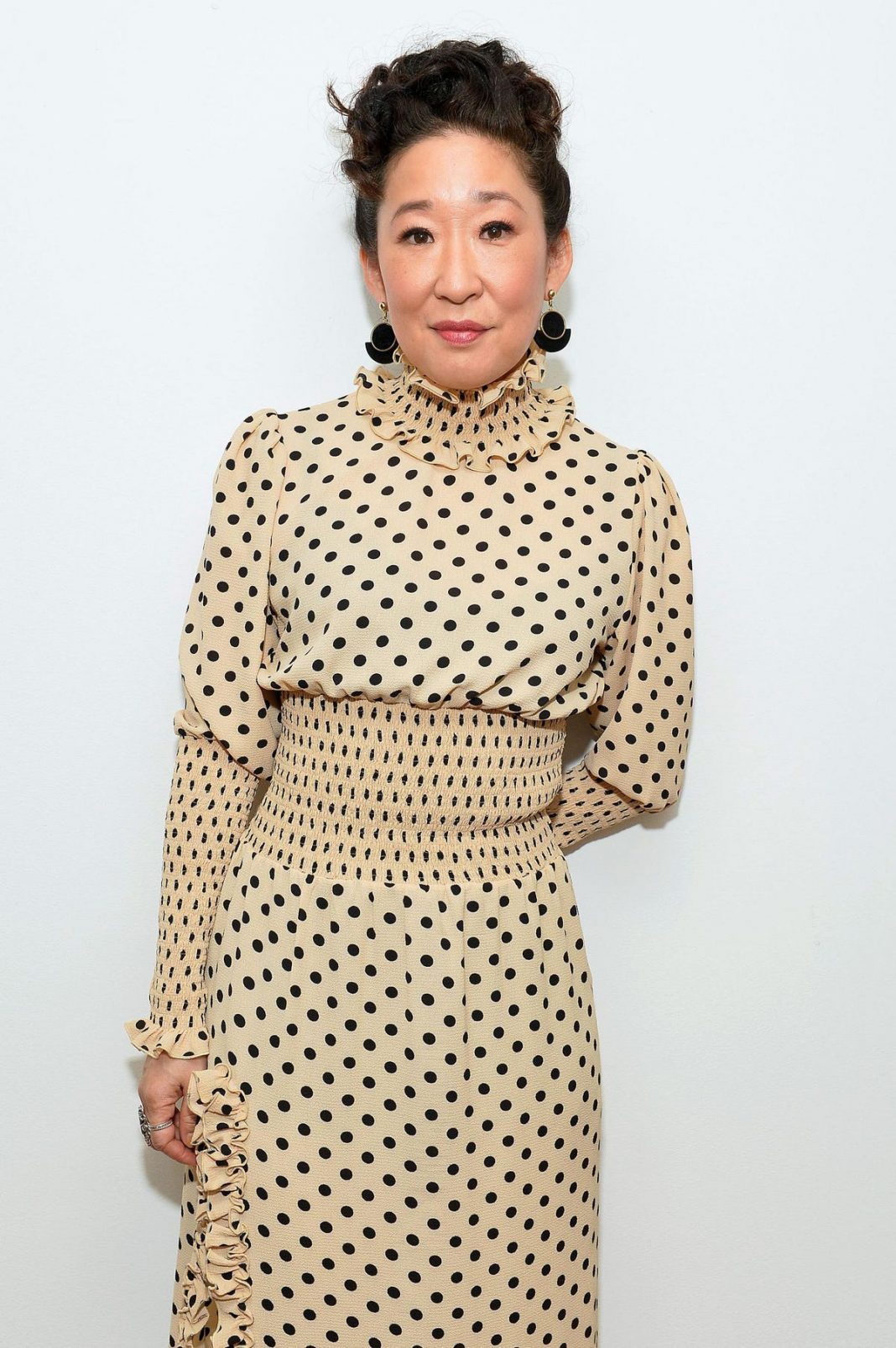Sandra Oh, star of The Chair
Getty Images for Tibet House
The new series from Netflix is a strange and slightly strained woke spoof of wokeness. Situated in fictional Pembroke, a small-town, almost-Ivy-league college, it opens with the proud arrival of the first ever Asian-American woman settling into her new chair as Chair of the English department. Then it embroils her in the absurdities of today’s campus cancel culture and makes her a freedom fighter against racism and sexism. But in loudly and laudably fighting the good fight, the show, seemingly unconsciously, becomes the most ageist show currently on offer.
The inter-generational conflict is set up early. A promising young black female professor (Nana Mensah as Yaz McKay) is up for tenure. But budget cuts are in the air, and her future is blocked by three highly paid senior faculty. The sorry portrayal of this triad is so awful it’s amazing the AARP hasn’t taken out a lawsuit. It should. For ageist defamation.
Of the three ‘old’ geezers blocking the talented next generation, one is featured as routinely and literally asleep. The next is a former faculty star who has fallen out of touch with the times and the kids, and no longer attracts anything but a handful of stragglers into his classroom, who are shown yawning and bored by his lectures. Oh yes, we are also shown the perfectly trim and fit, 76-year-old Bob Balaban, being told by his wife that he’ll just have to get used to adult diapers. It’s not enough that his intellect is fading, the 50-year old writers, Amanda Peet and Richard Robbins, have to make sure his prostrate isn’t up to the job either. Just wait until you are 76 you two, and your kids write scripts like this.
Finally, the last of the elder trio, (Holland Taylor as Joan Hambling), is a lusty, badass Chaucer specialist who has been banished to a basement office. She tries to make a Title IX objection to her removal but instead intolerantly judges the bored younger woman staffing the relevant office for wearing short shorts. Seriously? This is how women across generations need to be represented – skirmishing over clothes rather than causes? After #MeToo showed women of all ages marching and lobbying and going to court together?
The whole thing is so painful because it perceives itself as so self-righteous. But it feeds painfully outdated tropes that old people see the young as threats, and the young see the old as has-beens. Yaz Mackay, the rising faculty star, is presented as cool, hip, in touch with the students and effortlessly turning studying Moby Dick into a rollicking rock opera experience. Her once-mentor Balaban disdains her in class, gets her to hand out papers, and seems reluctant to support her promotion. The old white guy vs the young black woman. Easy, and as unfair as every other stereotype the show thinks its attacking.
The department Chair, played by Grey’s Anatomy Sandra Oh, is of course on the side of The Good, as she singlehandedly tries to promote Yaz, save Joan from the basement, get rid of the old guys clogging the pipeline, and assume the power of her role, all the while discovering that she’s been handed a glass cliff by the Dean, her supposed mentor.
She is supposed to be the complex central character, a smart ‘woman of colour’ given her moment of glory and her due. But inevitably, the rest of her life is melting down, her adopted daughter out of control and rebelling (at age 6, not 14), her single life castigated by her Korean father, and she is, across six episodes, consistently on the verge of a nervous breakdown.
What is it with lauded American series that central female characters with a tiny bit of power, like Mare of Easttown, are only acceptable if their personal lives are impossibly careening on the brink of meltdown? The latest default characterisation of modern women: the lonely, exhausted woman professionally holding it all up, while their personal lives drag them down into near-total chaos.
Most of the power women I know have supportive spouses and admiring children. But I guess that would be ‘too much.’ There has to be a tradeoff for women with any kind of power. They have to pay for the privilege – with their sanity.
Unbelievably, reviewers (OK, young ones) have said the show is about racism, sexism and … ageism. But this is just a blind bundling of ‘isms’ lists. Like most corporate diversity departments who’ve been very busy with racism and sexism, ageism is still rarely on their radar – and certainly not anywhere near The Chair’s. Ageism is often so deeply ingrained, none of us can even see it. Even though it is also the only ‘ism’ that is squarely aimed at our future selves.
Even the ending (spoiler alert) is weirdly warped. Sandra Oh relinquishes her Chair because those glass cliffs aren’t any fun, and she’d rather have her man and kid. So ladies, please note, that power isn’t all it’s hyped up to be. And Joan takes over the Chair. Because while the old boys snooze and pee, those post-love, post-menopausal crones have it all under control. Just wait your turn.




